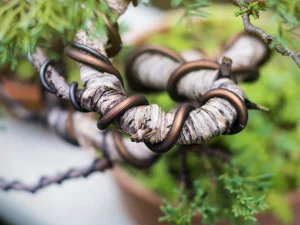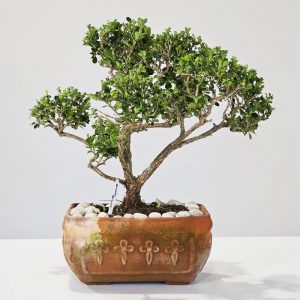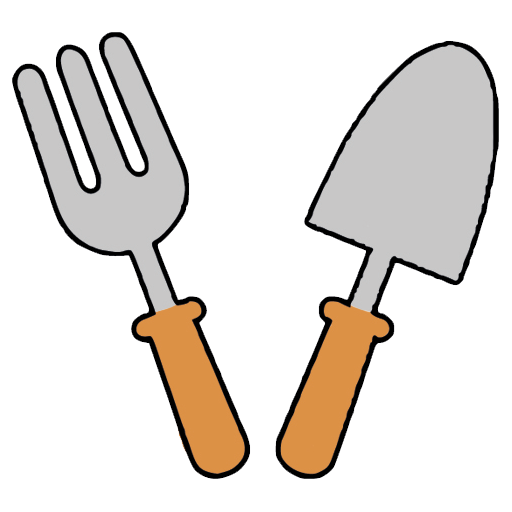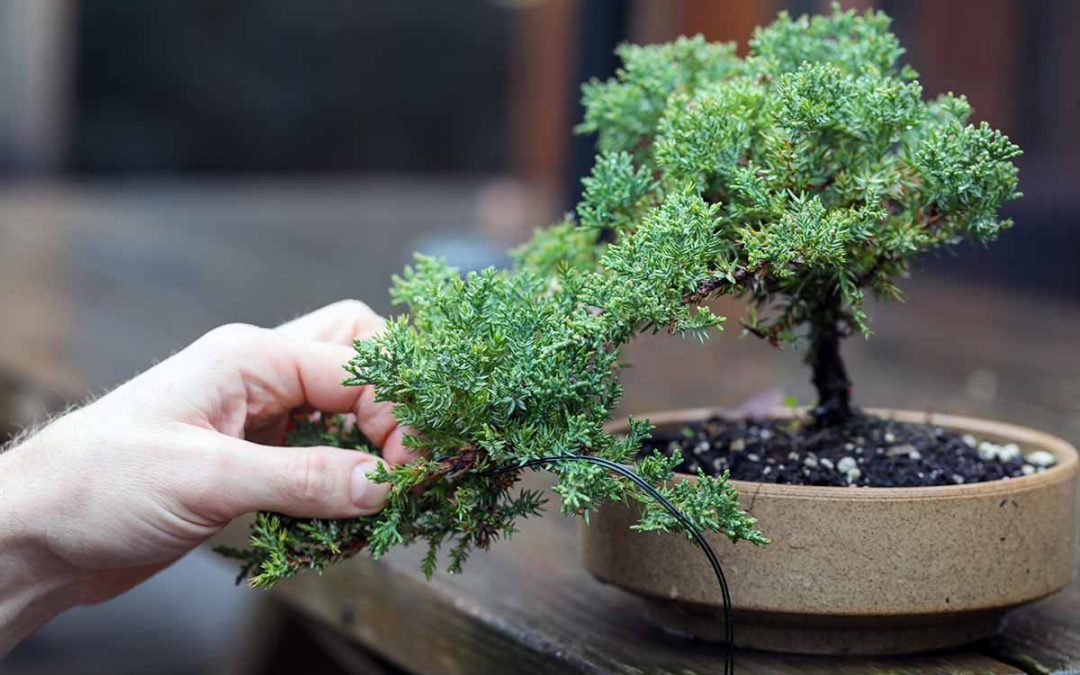Contents
- 1 How to Shape a Bonsai Tree (Beginner Trimming & Wiring Guide)
- 1.1 Why Shaping Matters in Bonsai
- 1.2 Step 1: Understand Bonsai Structure
- 1.3 Step 2: Pruning for Shape
- 1.4 Step 3: Wiring Your Bonsai
- 1.5 Recommended Tools & Essentials
- 1.6 Step 4: Aftercare & Maintenance
- 1.7 Common Shaping Mistakes to Avoid
- 1.8 FAQs About Shaping Bonsai Trees
- 1.9 Related Articles
- 1.10 Final Thoughts on Shaping a Bonsai Tree
How to Shape a Bonsai Tree (Beginner Trimming & Wiring Guide)
Shaping a bonsai tree is where art meets nature — and the best part? You don’t need to be an expert to start. With a few simple techniques, you can guide your tree’s growth, create elegant curves, and design a stunning miniature masterpiece right in your home.
Why Shaping Matters in Bonsai
Shaping isn’t just about looks — it’s about directing how your tree grows. Proper pruning and wiring help your bonsai:
🌿 Develop a balanced, natural form
🌳 Strengthen branches and roots
✂️ Maintain compact, aesthetic growth
💫 Reflect the beauty of a full-sized tree in miniature

Step 1: Understand Bonsai Structure
Before cutting or wiring, take a moment to study your tree’s shape.
Identify the front — the best viewing angle.
Look for the main trunk line — the natural flow of the tree.
Notice any crossing or uneven branches that need trimming.
For even faster shaping success, see our Bonsai Tree Care Guide to learn how proper watering and lighting affect structure over time.
Step 2: Pruning for Shape
Pruning is the most important part of bonsai styling. It keeps your tree healthy and compact while creating structure.
✂️ Basic Trimming Tips
Use sharp, clean bonsai scissors to avoid damage.
Remove dead or crossing branches first.
Trim new shoots that grow outside your desired shape.
Always cut just above a leaf node for clean regrowth.

🌱 Types of Pruning
Maintenance pruning: Regular trimming to keep size and balance.
Structural pruning: Larger cuts that define the tree’s core shape.
A Precision Bonsai Pruning Kit on Amazon includes shears, tweezers, and branch cutters — perfect for beginners shaping their first tree.
Step 3: Wiring Your Bonsai
Wiring gives your bonsai its flow and movement. It lets you bend branches gently to create elegant curves or open up areas for light and balance.
🧵 How to Wire a Bonsai (Beginner Steps)
- Choose aluminum wire — flexible and beginner-friendly.
- Wrap wire at a 45° angle around the branch.
- Bend branches slowly and carefully to avoid snapping.
- Keep wire on for 6–10 weeks, checking regularly to prevent marks.

These Anodized Aluminum Bonsai Wires on Amazon come in multiple thicknesses and are perfect for safe shaping and training.
Recommended Tools & Essentials
🛠️ Tools Every Bonsai Beginner Needs
Ready to shape your first bonsai like a pro? These tools make a world of difference:
✂️ Bonsai Pruning Scissors – for clean, precise cuts.
🧵 Aluminum Training Wire Set – flexible and beginner-safe.
🪴 Bonsai Turntable Stand – rotate your tree easily while shaping.
Small upgrades like these make your bonsai work smoother, safer, and more rewarding.
Step 4: Aftercare & Maintenance
Once you’ve shaped your bonsai, proper aftercare ensures it continues to thrive.
Remove wire on time: Leaving it too long can scar the bark.
Feed regularly: Use bonsai fertilizer to support recovery.
Water consistently: Newly trimmed trees dry faster.
Monitor growth: Adjust shape every few months.
For more expert advice, see the Royal Horticultural Society’s bonsai guide.

Common Shaping Mistakes to Avoid
| Mistake | Why It’s a Problem | Fix |
|---|---|---|
| Over-pruning | Weakens growth | Trim lightly and often |
| Tight wiring | Can damage bark | Use thicker wire gently |
| Ignoring the trunk line | Leads to poor form | Always work around main structure |
FAQs About Shaping Bonsai Trees
1. How often should I shape my bonsai?
Light pruning can be done every few weeks; major shaping once or twice a year.
2. When is the best time to shape a bonsai?
Late spring or early summer — when the tree is actively growing.
3. Can I shape indoor bonsai the same way as outdoor ones?
Yes — just be gentler and adjust for slower indoor growth.
Related Articles
Final Thoughts on Shaping a Bonsai Tree
Shaping a bonsai is relaxing, creative, and deeply satisfying. With a few simple tools and some patience, you can transform an ordinary plant into a living piece of art. Start small, stay consistent, and you’ll be amazed at how quickly your bonsai begins to take shape.

